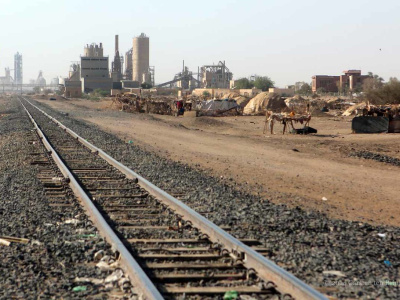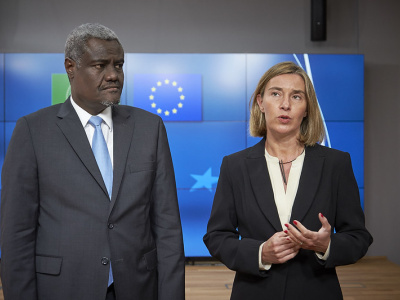
Policy coherence for agricultural transformation in African least developed countries (LDCs): Aligning agriculture and trade policymaking processes
This report has been jointly prepared by the European Centre for Development Policy Management (ECDPM) and the Food and Agriculture Organization of the United Nations (FAO). It was informed by four country case studies from Mozambique, Rwanda, Tanzania and Zambia, that were prepared as part of FAO’s Multipartner Programme Support Mechanism (FMM) Project on Trade-related capacity development for food security and nutrition in Eastern and Southern Africa.
Summary
In many developing and least-developed countries (LDCs), the transformation of the agriculture sector is key to improving domestic food security and nutrition and promoting economic development. However, efforts to raise agricultural productivity and develop inclusive and competitive agricultural value chains are often hampered by market- and trade-related bottlenecks, while initiatives promoting agricultural commercialisation, diversification and trade are often curbed by bottlenecks at the farm or post-harvest levels.
In this context, FAO, in collaboration with the Enhanced Integrated Framework (EIF) and European Centre for Development Policy Management (ECDPM), carried out a Multi-partner Programme Support Mechanism (FMM) Project on Trade-related capacity development for food security and nutrition in Eastern and Southern Africa (ESA) to contribute to improved policy coherence for agricultural development and food security in these countries.
This report presents the main findings of four country studies conducted under the FMM Project. The studies, carried out in Mozambique, Rwanda, Tanzania and Zambia in 2017, analysed the alignment of agriculture and trade policies and the coordination between agriculture and trade policymaking processes in these four countries.
The report begins by advocating policy coherence and its relevance for African countries in the context of agriculture and trade, before explaining the objectives of the FMM Project and its approach. Section 2 presents the main findings from the country studies in the form of key messages. Finally, Section 3 concludes with recommendations for development partners, national governments, regional organisations and other relevant stakeholders.





